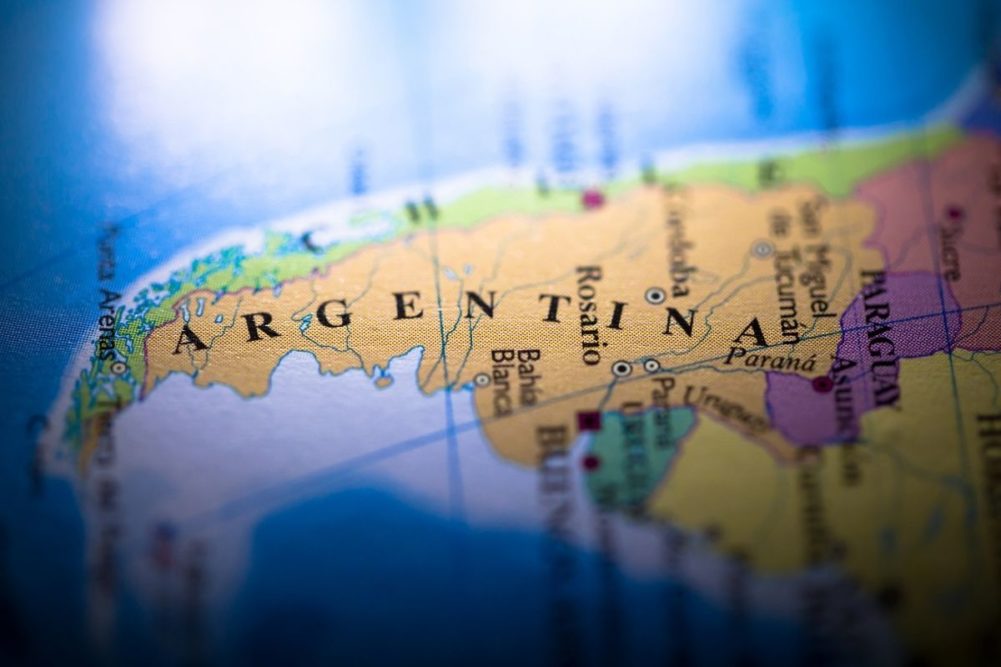BUENOS AIRES, ARGENTINA — Boosted by a preferential foreign currency exchange rate offered by the government, Argentina’s soybean farmers have sold about 57% of the 2021-22 crop, Reuters reported, citing agriculture ministry data through Sept. 10.
Farmers had been holding off selling soybeans amid speculation of a devaluation of the country’s peso currency, but Argentina bumped up the exchange rate last week in an effort to jump-start sales and replenish its shrinking foreign currency reserves.
The South American country is the world’s largest exporter of soybean oil and meal, a major corn and wheat supplier, and a key source of hard currency for the government. According to the US Department of Agriculture World Agricultural Supply and Demand Estimates released Sept. 12, Argentina produced 44 million tonnes of soybeans in 2021-22 with 5.15 million tonnes of soy oil and 28.20 million tonnes of soy meal slated for export.
The Sept. 5-7 boost in soybean sales came immediately after the government bumped up the value of the country’s cash crop by allowing sales to tap a 200 pesos per US dollar exchange rate, compared to the tightly controlled official rate of about 140 per US dollar.
During the first week of September, farmers sold 2.1 million tonnes of soybeans compared with just 268,100 tonnes the previous week, according to agricultural ministry data. At the same time last year, close to 64% of that season’s slightly larger soybean harvest had been sold.
Meanwhile, almost two-thirds of Argentina’s 2021-22 corn harvest, estimated at 59 million tonnes, had been sold through last week, official data showed, slightly topping sales from the same time last year. Planting season kicks off this month after an unseasonably dry winter, pushing many farmers to plant soybeans over corn.





